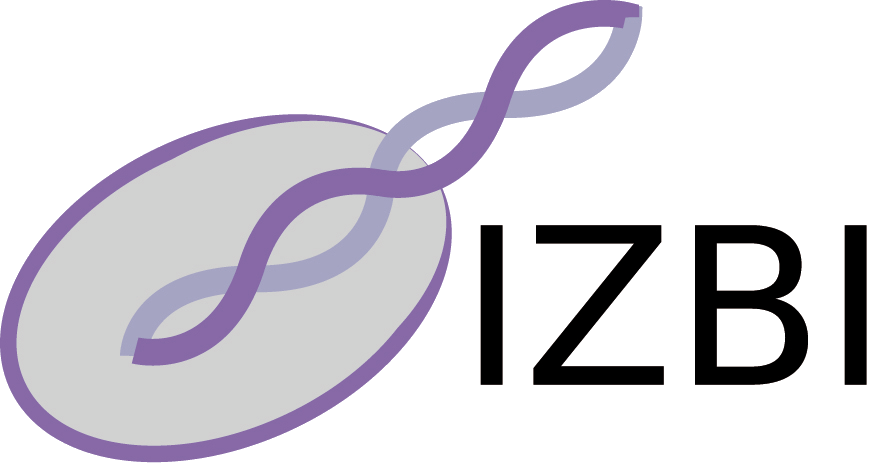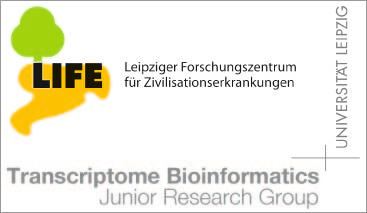Publications - Published papers
Please find below publications of our group. Currently, we list 565 papers. Some of the publications are in collaboration with the group of Sonja Prohaska and are also listed in the publication list for her individual group. Access to published papers ( ) is restricted to our local network and chosen collaborators.
If you have problems accessing electronic information, please let us know:
) is restricted to our local network and chosen collaborators.
If you have problems accessing electronic information, please let us know:
 ) is restricted to our local network and chosen collaborators.
If you have problems accessing electronic information, please let us know:
) is restricted to our local network and chosen collaborators.
If you have problems accessing electronic information, please let us know:©NOTICE: All papers are copyrighted by the authors; If you would like to use all or a portion of any paper, please contact the author.
Homology-Based Annotation of Non-coding RNAs in the Genomes of <i>Schistosoma mansoni</i> and <i>Schistosoma japonicum</i>
Claudia S. Copeland, Manja Marz, Dominic Rose, Jana Hertel, Paul J. Brindley, Clara Bermudez Santana, Stephanie Kehr, Camille Stephan Otto-Attolini, Peter F. Stadler
Download
Status: Published
BMC Genomics 2009, 10:464.
Abstract
Background: Schistosomes are trematode parasites of the Phylum Platyhelminthes. They are considered the most
important of the human helminth parasites in terms of morbidity and mortality. Draft genome sequences are now
available for Schistosoma mansoni and Schistosoma japonicum. Non-coding RNA (ncRNA) plays a crucial role
in gene expression regulation, cellular function and defense, homeostasis, and pathogenesis. The genome-wide
annotation of ncRNAs is a non-trivial task unless well-annotated genomes of closely related species are already
available.
Results: A homology search for structured ncRNA in the genome of S. mansoni resulted in 23 types of ncRNAs
with conserved primary and secondary structure. Among these, we identified rRNA, snRNA, SL RNA, SRP, tRNAs
and RNase P, and also possibly MRP and 7SK RNAs. In addition, we confirmed five miRNAs that have recently
been reported in S. japonicum and found two additional homologs of known miRNAs. The tRNA complement of
S. mansoni is comparable to that of the free-living planarian Schmidtea mediterranea, although for some amino
acids differences of more than a factor of two are observed: Leu, Ser, and His are overrepresented, while Cys,
Meth, and Ile are underrepresented in S. mansoni. On the other hand, the number of tRNAs in the genome of
S. japonicum is reduced by more than a factor 4. Both schistosomes have a complete set of minor spliceosomal
snRNAs. Several ncRNAs that are expected to exist in the S. mansoni genome were not found, among them the
telomerase RNA, vault RNAs, and Y RNAs.
Conclusions: The ncRNA sequences and structures presented here represent the most complete dataset of ncRNA
from any lophotrochozoan reported so far. This data set provides an important reference for further analysis of
the genomes of schistosomes and indeed eukaryotic genomes at large.
Keywords
ncRNA, Schistosoma mansoni, comparative genomics















